As physicians continue to learn more about the negative cognitive effects of concussion – also known as mild traumatic brain injury (mTBI) – the need for faster tools capable of identifying injury is on the rise. Now, the FDA has approved the first blood test designed to detect biomarkers of concussion and help inform treatment decisions.
Banyan Biomarkers’ Brain Trauma Indicator (BTI) was reviewed under the FDA’s Breakthrough Devices Program. The blood test detects two brain-specific biomarkers – Ubiquitin Carboxy-terminal Hydrolase-L1 (UCH-L1) and Glial Fibrillary Acidic Protein (GFAP) – which are released into the blood following concussion.
“Today’s action supports the FDA’s Initiative to Reduce Unnecessary Radiation Exposure from Medical Imaging—an effort to ensure that each patient is getting the right imaging exam, at the right time, with the right radiation dose,” said FDA Commissioner Dr. Scott Gottlieb. “A blood-testing option for the evaluation of mTBI/concussion not only provides healthcare professionals with a new tool, but also sets the stage for a more modernized standard of care for testing of suspected cases. In addition, availability of a blood test for mTBI/concussion will likely reduce the CT scans performed on patients with concussion each year, potentially saving our health care system the cost of often unnecessary neuroimaging tests.”
CT scans paired with a neurological scale, called the 15-point Glasgow Coma Scale, are often used to assess patients with suspected brain injury. However, up to 90 percent of patients who have suffered a concussion display detectable intracranial lesions, increasing the likelihood that these patients won’t receive prompt treatment for their brain injury.
In addition, CT scans are both expensive and potentially harmful due to radiation exposure. The Banyan BTI could help healthcare providers determine whether a CT is necessary, thereby reducing costs and limiting unnecessary radiation exposure.
“With extensive clinical research and scientific validation, Banyan BTI has shown that these two specific protein biomarkers, which are released from the brain and circulate in the blood after a brain injury, can provide objective data to healthcare providers when evaluating patients with a traumatic brain injury,” said Henry L. Nordhoff, Chairman and CEO of Banyan Biomarkers. “Receiving marketing authorization from the FDA for the first blood test for TBI is a significant milestone that will transform how brain injury is managed.”
In 2013, 2.8 million people visited the emergency room as a result of suffering a concussion, which contributed to the death of almost 50,000 individuals, according to the Centers for Disease Control and Prevention (CDC). Traumatic brain injury puts a $76 billion burden on the US healthcare system.
“Brain biomarkers will change the practice of emergency care for mild TBI and will greatly assist a large number of patients,” said Dr. Andy Jagoda, Professor and Chair in the Department of Emergency Medicine at the Icahn School of Medicine at Mount Sinai. “The impact will be improved medical care by reducing radiation exposure to the patient and improving efficiency in the emergency department.”


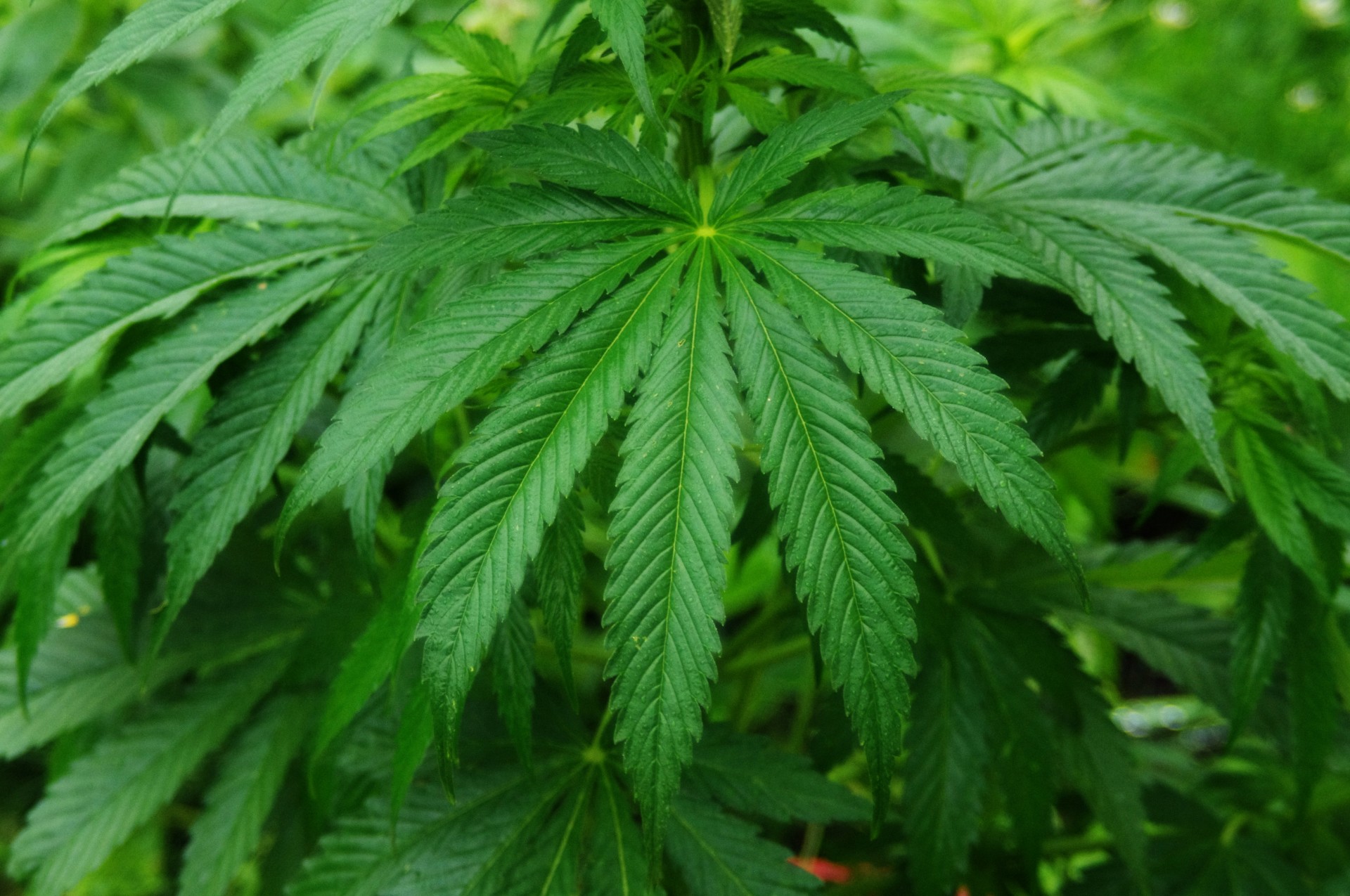
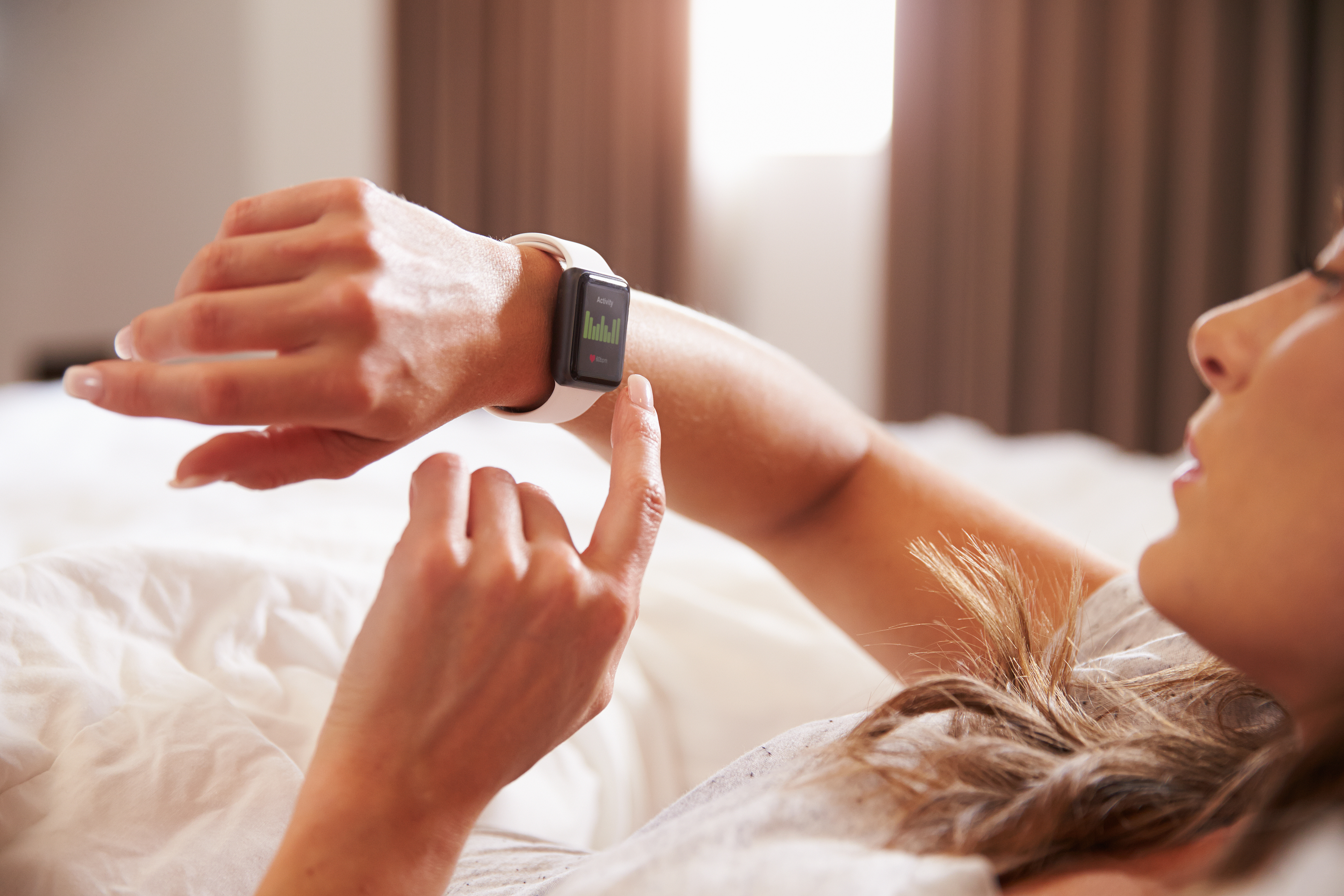
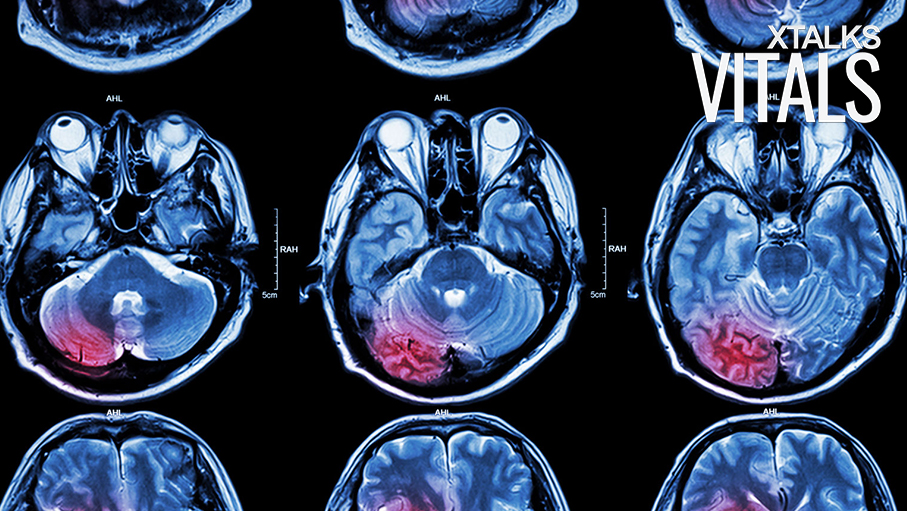
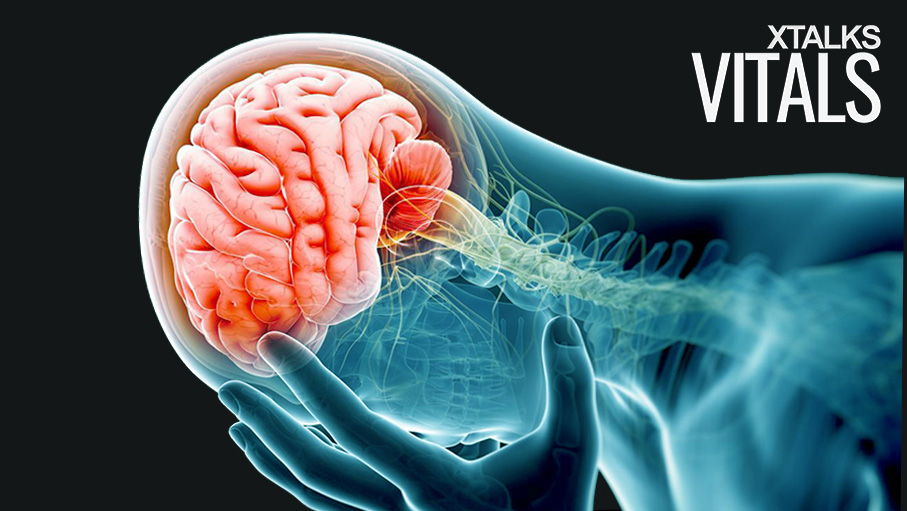

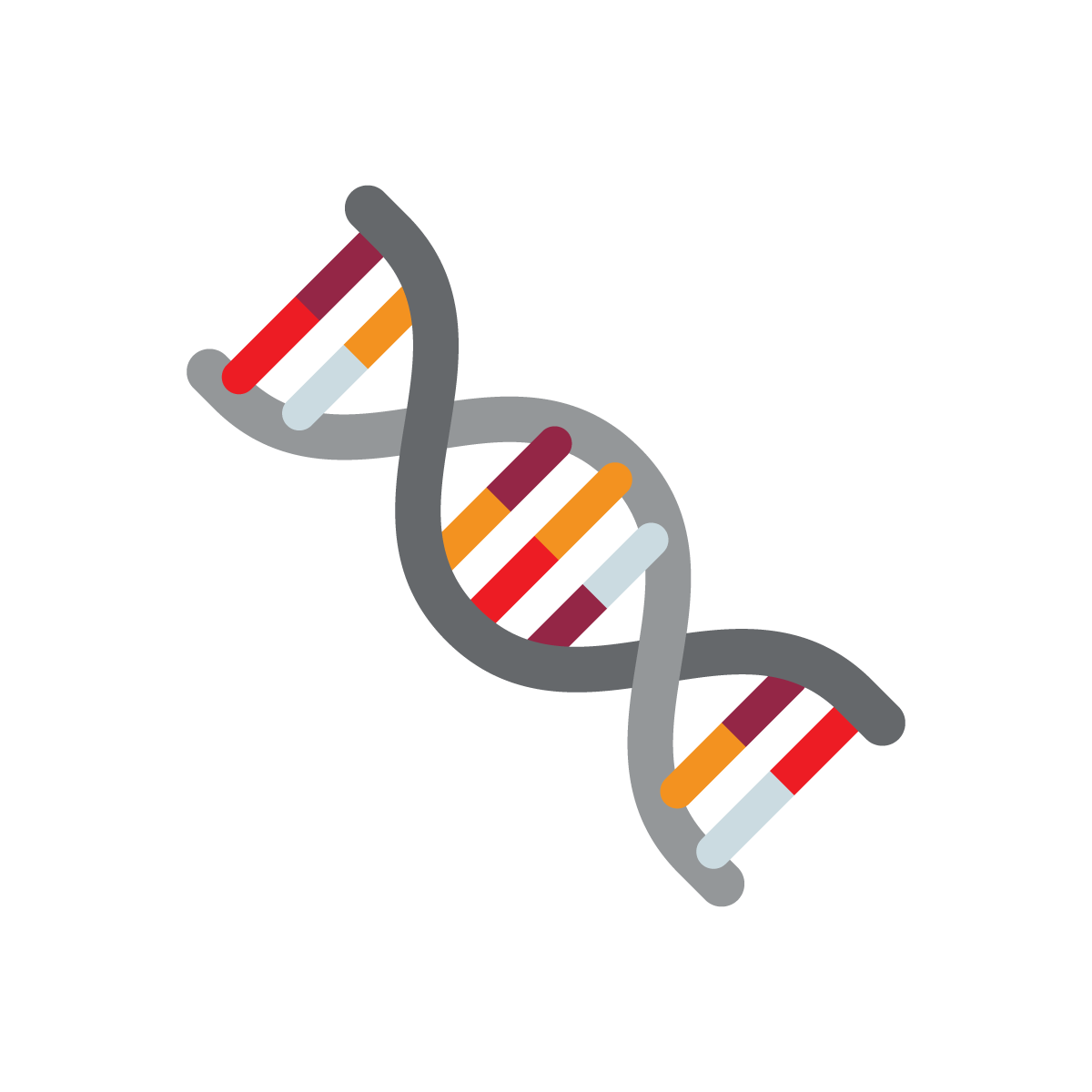

Join or login to leave a comment
JOIN LOGIN